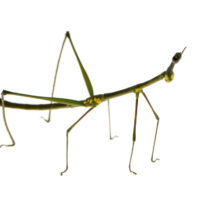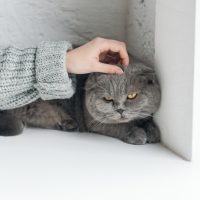Special Sokoke Cat Characteristics
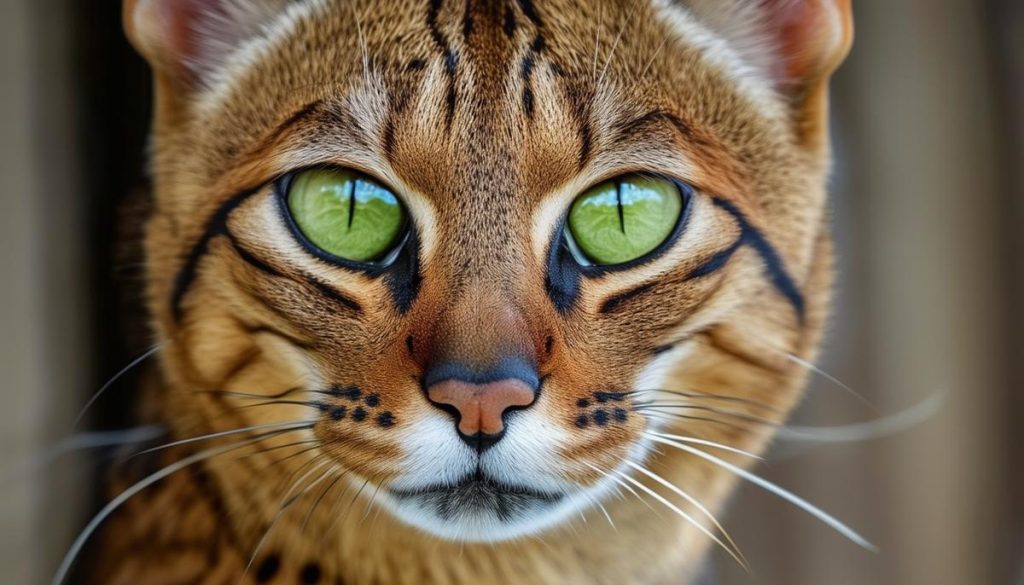
Physical Characteristics
The Sokoke cat, native to Kenya, has a distinctive special appearance. Its coat features a modified brown tabby pattern with a glossy sheen and wood grain-like markings, sometimes muted by agouti ticking. Some Sokokes have a snow variant with paler markings.
These cats have a medium-long, lean, and athletic frame. Their long, slender legs give them a characteristic “tip-toe” gait, especially noticeable when excited. The head is a modified wedge shape, appearing small compared to the body, with high cheekbones and a broad nose. Their eyes are moderately large, set wide apart, and typically greenish-amber in color.
Sokokes have medium to moderately large, upright ears and a medium to long, whip-like tail. Their short, close-lying coat is slightly coarse but glossy, requiring minimal grooming. Despite lacking an undercoat, their fur is thick and resilient.
Key Physical Traits:
- Modified brown tabby pattern
- Medium-long, lean body
- Long, slender legs
- Modified wedge-shaped head
- Greenish-amber eyes
- Short, glossy coat
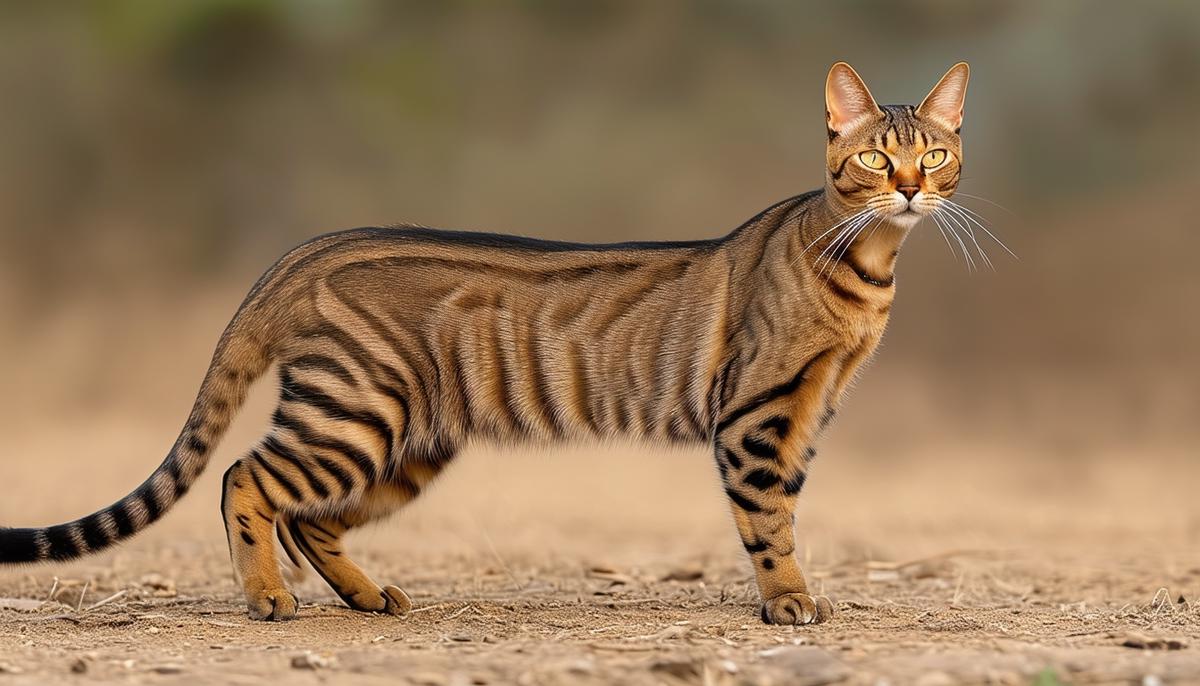
Temperament and Behavior
Sokoke cats are celebrated for their remarkable dog-like loyalty and deep attachments to their human companions. Unlike many other cat breeds, Sokokes are often noted for forming strong emotional bonds with their owners, displaying affection and loyalty akin to that of a canine companion. This unique trait makes them exceptional pets for individuals seeking a devoted and affectionate feline companion.
They showcase their loyalty by frequently shadowing their owners around the house, seeking physical proximity, and enthusiastically participating in interactive play sessions. This behavior not only enriches the bond between cat and owner but also enhances the overall experience of having a Sokoke cat as a cherished member of the family. Their affectionate nature and willingness to interact closely with humans contribute to a sense of companionship and emotional fulfillment that can be particularly comforting in both home and workplace settings.
Beyond their loyalty, Sokoke cats are also known for their intelligence and adaptability. They quickly learn to recognize their owners’ routines and preferences, making them intuitive companions who are responsive to human emotions and interactions. This combination of loyalty, affection, and intelligence makes Sokoke cats not only delightful pets but also valued companions that can positively influence the atmosphere of any environment they inhabit.
They’re vocal and enjoy “conversing” with their owners. These cats are active and curious, requiring mental stimulation and vertical spaces to explore.
While independent, Sokokes appreciate human company on their terms. They may not enjoy being picked up but will follow their owners around and rest beside them. They can get along with other pets but require respectful introductions.
"Sokokes thrive in busy, loving environments with ample attention. They do well with children who understand how to interact respectfully with them."
These cats prefer warm environments, often seeking out cozy spots for comfort.1
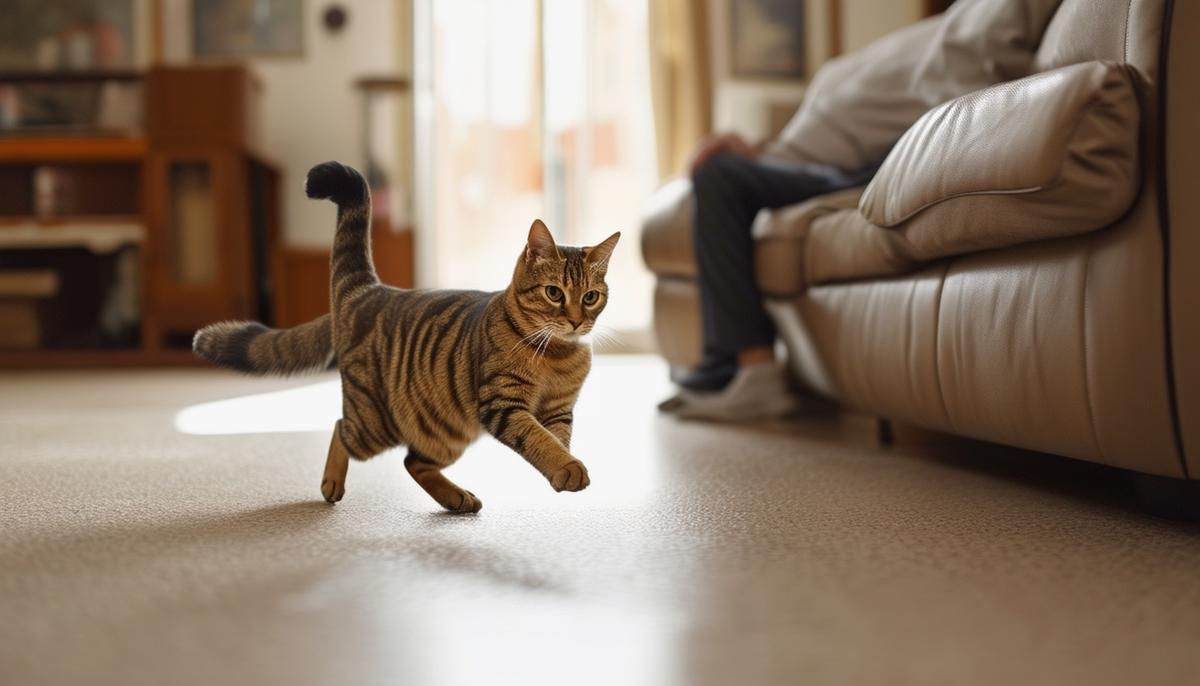
Origin and History
The Sokoke cat originates from the Arabuko Sokoke Forest in Kenya. In 1977, wildlife artist Jeni Slater discovered a cat and her kittens near the forest, starting a breeding program to preserve their unique traits. She named them “Sokoke Forest Cats.”
In 1983, Gloria Moeldrop introduced the breed to Europe, establishing a breeding program in Denmark. Other breeders, including Bob Schwartz and Jeannie Knocker, contributed to the breed’s expansion.
The International Cat Association (TICA) granted the Sokoke official registration in 2004, followed by recognition from other feline registries. Today, Sokokes remain rare, with organizations and breeders working to preserve the breed.
Sokoke Cat Timeline:
- 1977: Discovery in Kenya
- 1983: Introduction to Europe
- 2004: TICA registration
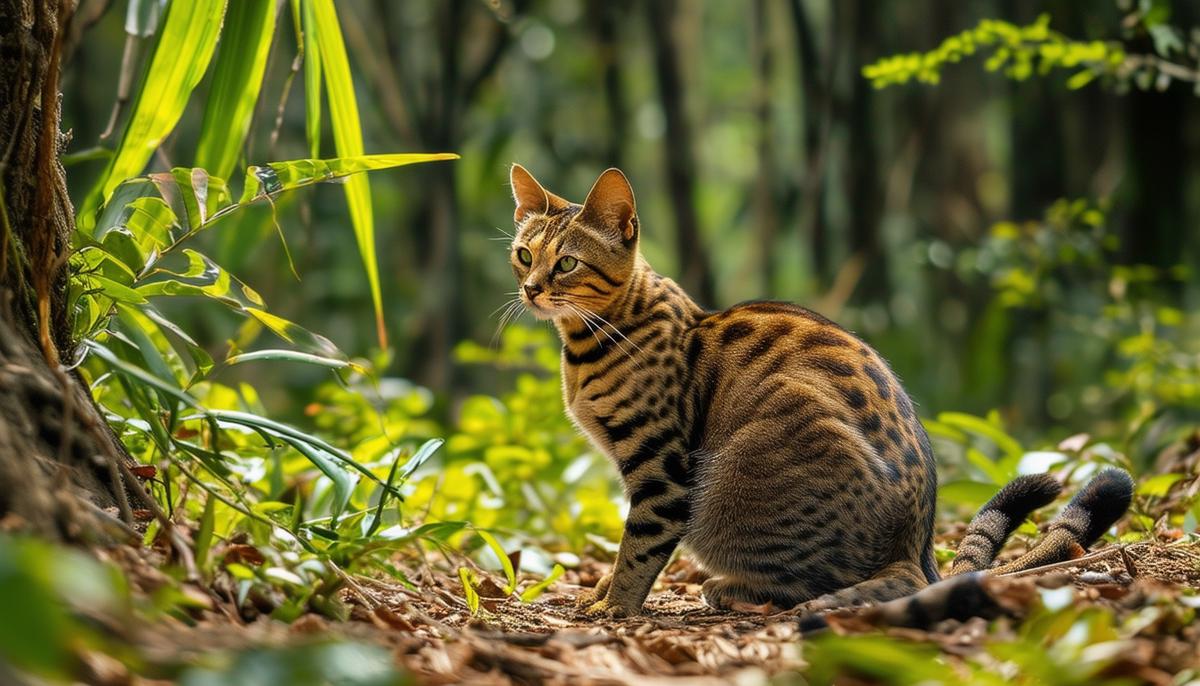
Care and Maintenance
Sokoke cats require minimal grooming, needing only weekly brushing to reduce shedding. They thrive on a high-quality diet rich in protein and low in carbohydrates. Exercise is crucial for these active cats, so provide climbing structures and interactive toys.
Regular veterinary check-ups are essential, as Sokokes can be susceptible to contagious diseases. Timely vaccinations and deworming are important preventive measures.
These cats have a low tolerance for cold temperatures, preferring warm environments. Provide heated beds or blankets in cooler months and ensure they have access to cozy resting places. An indoor lifestyle is recommended to protect them from the elements and potential health issues.2
Care Checklist:
- Weekly brushing
- High-protein diet
- Regular exercise
- Veterinary check-ups
- Warm environment
- Indoor lifestyle
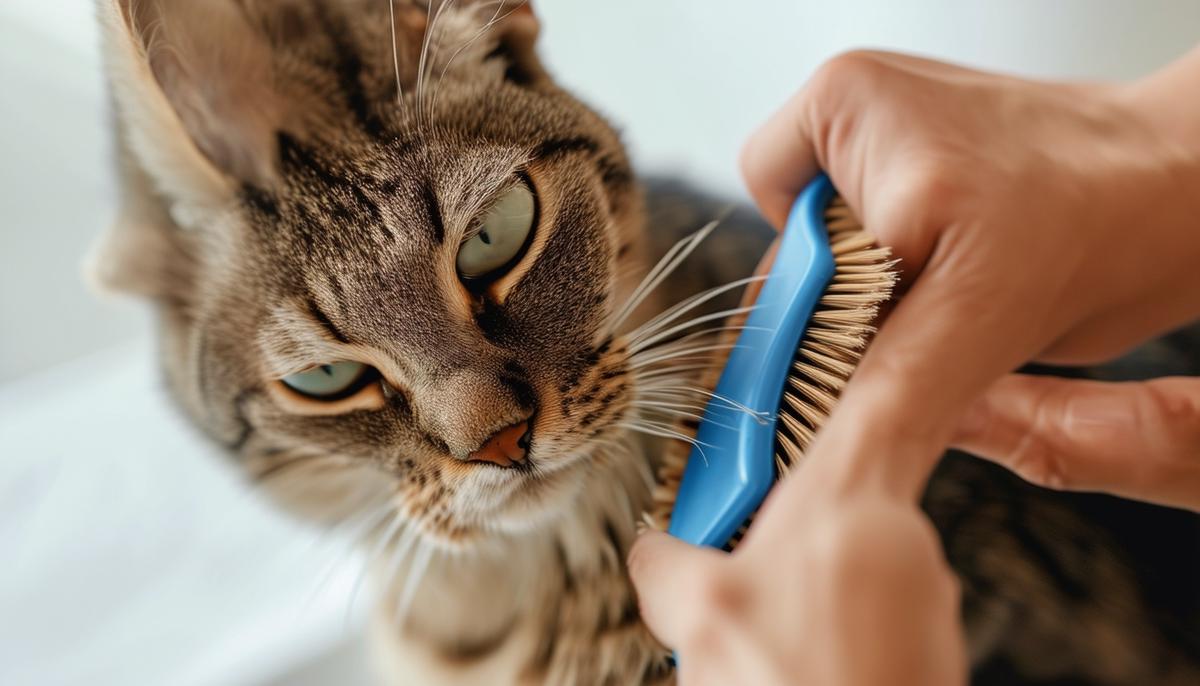
Are Sokoke Cats great workplace pets?
Sokoke Cats can potentially make good workplace pets depending on the environment and individual preferences. Sokoke Cats are one of our 5 best, and unusual office pets to have in the workplace.
Sokoke Cats are known for their friendly and sociable nature. They typically enjoy human companionship and can form strong bonds with their owners, which can contribute positively to a workplace environment. Activity Level: They are active and playful cats, which can provide entertainment and interaction in the office. Their curiosity and agility may encourage engagement with colleagues, making them a source of enjoyment.
Having short coats that require minimal grooming, which is convenient for office settings. They generally do not shed excessively, reducing concerns about allergens and cleaning requirements.
Noise wise, they are not known for excessive vocalization, which is advantageous in maintaining a peaceful and focused work environment. Their quiet demeanor can be beneficial compared to breeds that are more vocal.
Some people may have allergies to cats, which could pose a challenge in a shared office environment.
While their charming presence can be delightful, cats may pose a distraction to colleagues who are unfamiliar with pets in the workplace or who prefer a quieter environment. It’s crucial to adhere to legal and policy guidelines regarding pets in the workplace, ensuring that company policies permit their presence and that all colleagues are comfortable with having a cat in the office. In summary, Sokoke Cats can be great workplace pets due to their friendly nature, low maintenance grooming, and moderate activity level. However, it’s essential to consider the preferences and needs of everyone in the office to ensure a harmonious and productive work environment.
